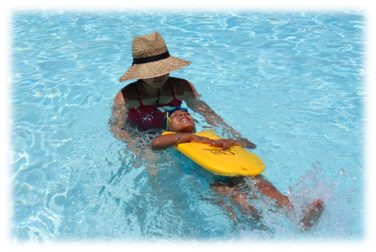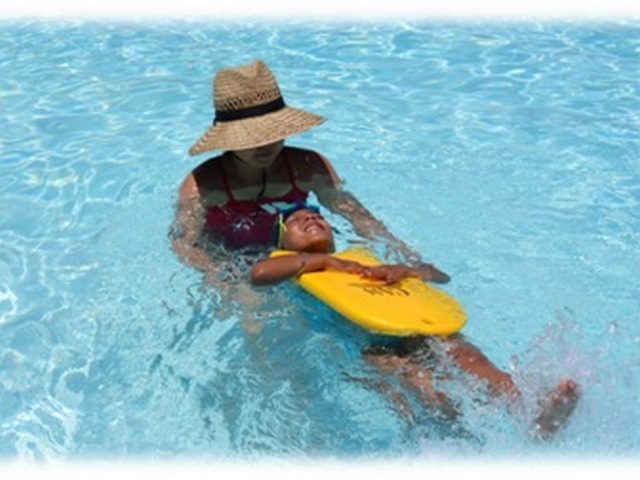 From the Florida Department of Health in Broward
From the Florida Department of Health in Broward
Small children look up to teen-agers with awe. So who better than teens to teach kids about water safety? That’s the premise of SPUD (STUDENTS PREVENTING UNINTENTIONAL DROWNING), a new after-school project created by the Florida Department of Health in Broward County.
More than 300 teens at eight high schools have volunteered to act as “water safety ambassadors” during this school year and are learning about drowning prevention.
Drowning is the No. 1 cause of unintentional death among children under age 5 in Broward County. The best protections are for an adult to watch children exclusively every minute they are around water, and to set up “layers of protection” such as pool fences, locking gates, door alarms and rescue tools. Swimming lessons for children and adults help. “Every drowning is a tragedy that could be prevented,” says Dr. Paula Thaqi, Director of DOH-Broward. “The SPUD program is an innovative way to educate our teen-agers, as well as the small children and their parents.”
The teens are spending months creating new safety messages that resonate with kids. In the process, they learn a lot about water safety they can share with their families, friends and schoolmates. As the school year progresses, SPUD teens will make presentations to younger students. The high schools where SPUD is active are Piper in Sunrise, Blanche Ely in Pompano Beach, Miramar, Stranahan in Fort Lauderdale, Coconut Creek, Coral Glades in Coral Springs, Boyd Anderson in Lauderdale Lakes and Deerfield Beach.
The DOH-Broward Drowning Prevention Program focuses on children age 4 and under, ages when kids are fascinated by water and most at risk. In 2017, eight children under age 5 lost their lives to water. Risks are elevated in Broward, with 125,000 backyard pools and miles of waterways.
MAIN MESSAGES TO KIDS: Don’t go near the water without an adult. Learn to swim. Get help immediately if someone is in trouble around water.
MAIN MESSAGES TO ADULTS: Assign an adult “water watcher” with a cell phone (ideally a strong swimmer) to watch kids every second they are in or near water. Learn cardiopulmonary resuscitation and how to swim. Set up protective barriers around water.
For more information call: 954-467-4700, Ext. 5695 or email: cassie.mcgovern@flhealth.gov.






